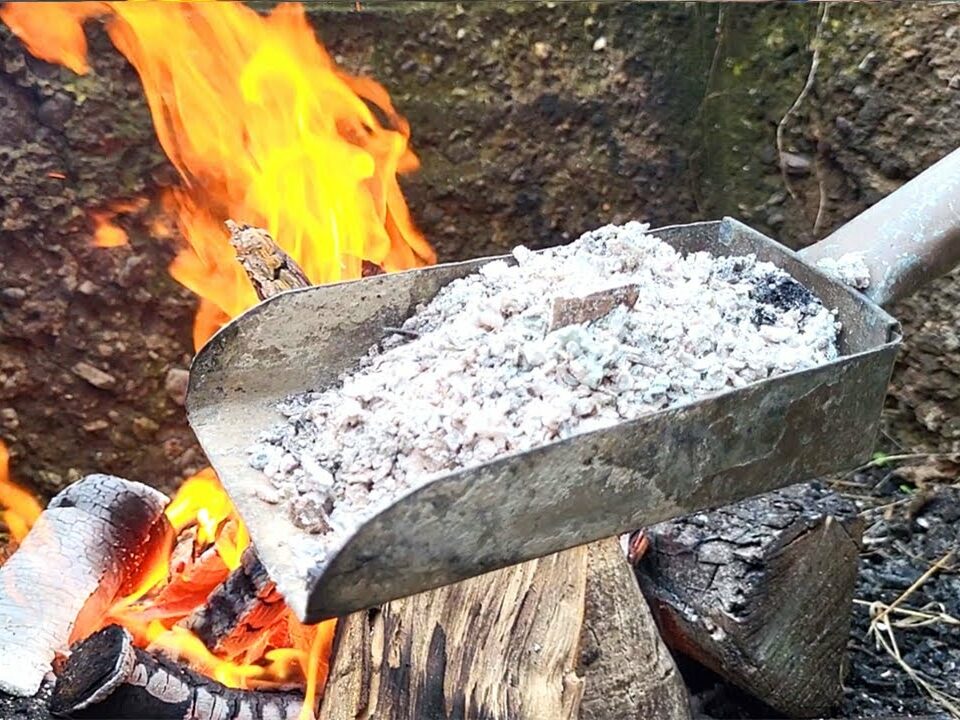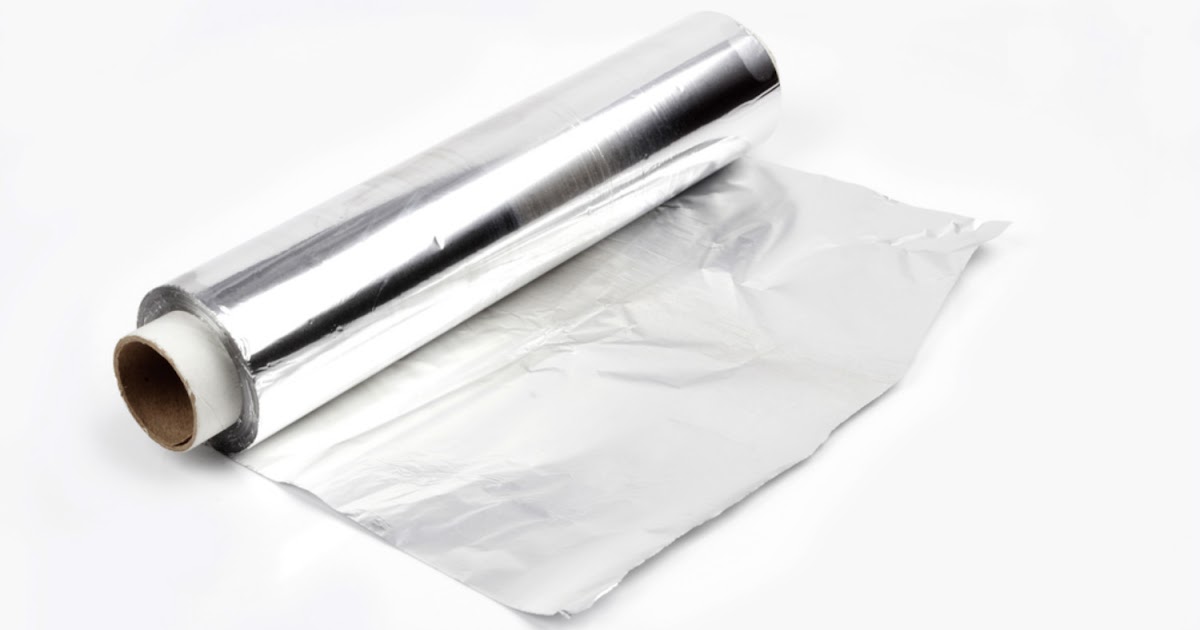
Wood ash, often discarded after a cozy fire, is an incredibly versatile material that can be used in numerous ways around your home and garden. With properties that often surpass those of baking soda, wood ash can be a natural remedy, cleaner, and soil enhancer. Here’s why you should save your wood ash and how to use it effectively.
Versatile Applications of Wood Ash
1. Natural Fertilizer:
-
Rich in Potash: Wood ash is an excellent source of potassium, which is a vital nutrient for plant growth. It can be sprinkled sparingly directly onto your garden soil to act as a natural fertilizer, enhancing the nutrient content and promoting healthier plant growth.
2. Lime Substitute:
-
pH Adjustment: If you have acidic soil, wood ash can be a perfect substitute for lime. It reduces soil acidity, which can help increase the availability of nutrients to plants.
3. Pest Deterrent:
-
Natural Repellent: Wood ash can deter slugs, snails, and some other pests. Simply sprinkle a line of ash around garden beds to create a barrier that many pests won’t cross.
Home Uses of Wood Ash
1. Odor Neutralizer:
-
Absorbs Smells: Like baking soda, wood ash can absorb and neutralize bad odors. Place a small bowl of wood ash in your refrigerator or sprinkle some in the bottom of your trash can to help keep unpleasant smells at bay.
2. Cleaning Agent:
-
Abrasive Properties: Wood ash can be used as a gentle abrasive for cleaning tarnished metals and cloudy glass. Make a paste with water, apply it to the surface, and scrub gently. It’s especially effective on silver.
3. Oil Stain Remover:
-
Absorbs Grease: If you have oil stains on your driveway or garage floor, sprinkle wood ash over them and let it sit for a few days. The ash will absorb the oil, making the stain easier to clean.
Safety and Handling Tips
-
Storage: Keep wood ash in a metal container with a tight-fitting lid. Store it in a dry place to prevent it from getting moist, which can cause it to lose its effectiveness.
-
Handling: Wear gloves when working with wood ash. It can be caustic and may irritate your skin or respiratory system.
-
Use in Moderation: Too much ash can lead to excessive alkalinity in soil, which can harm plants. Always test your soil’s pH before applying large amounts.
Conclusion
Wood ash is a valuable by-product of wood burning and offers a range of uses that extend far beyond the fireplace. Whether you’re gardening, cleaning, or needing a natural odor neutralizer, wood ash can be your go-to solution. Next time you clean out your fireplace, save the ashes and put them to good use, harnessing their power in your garden and home.



